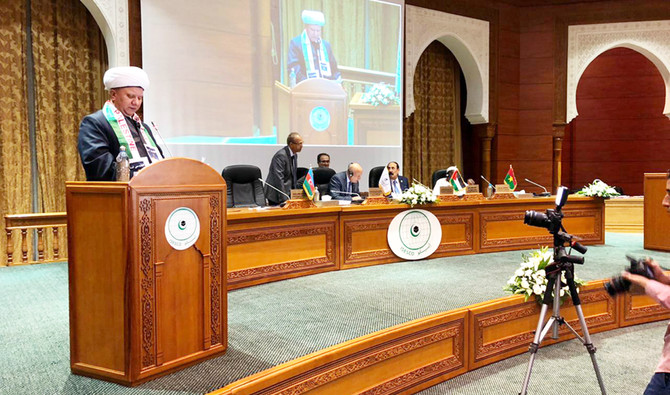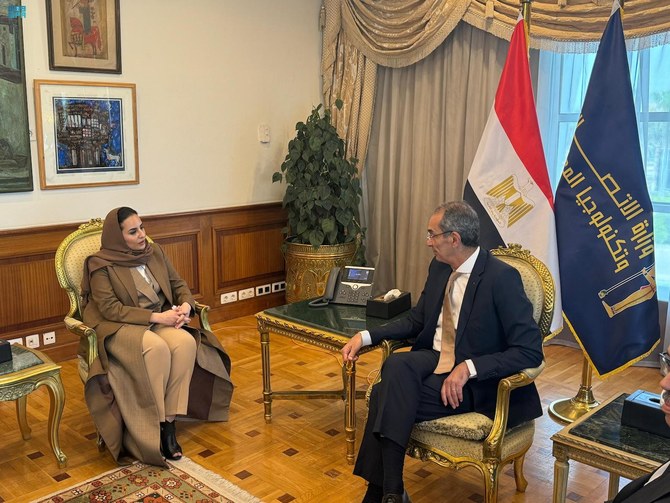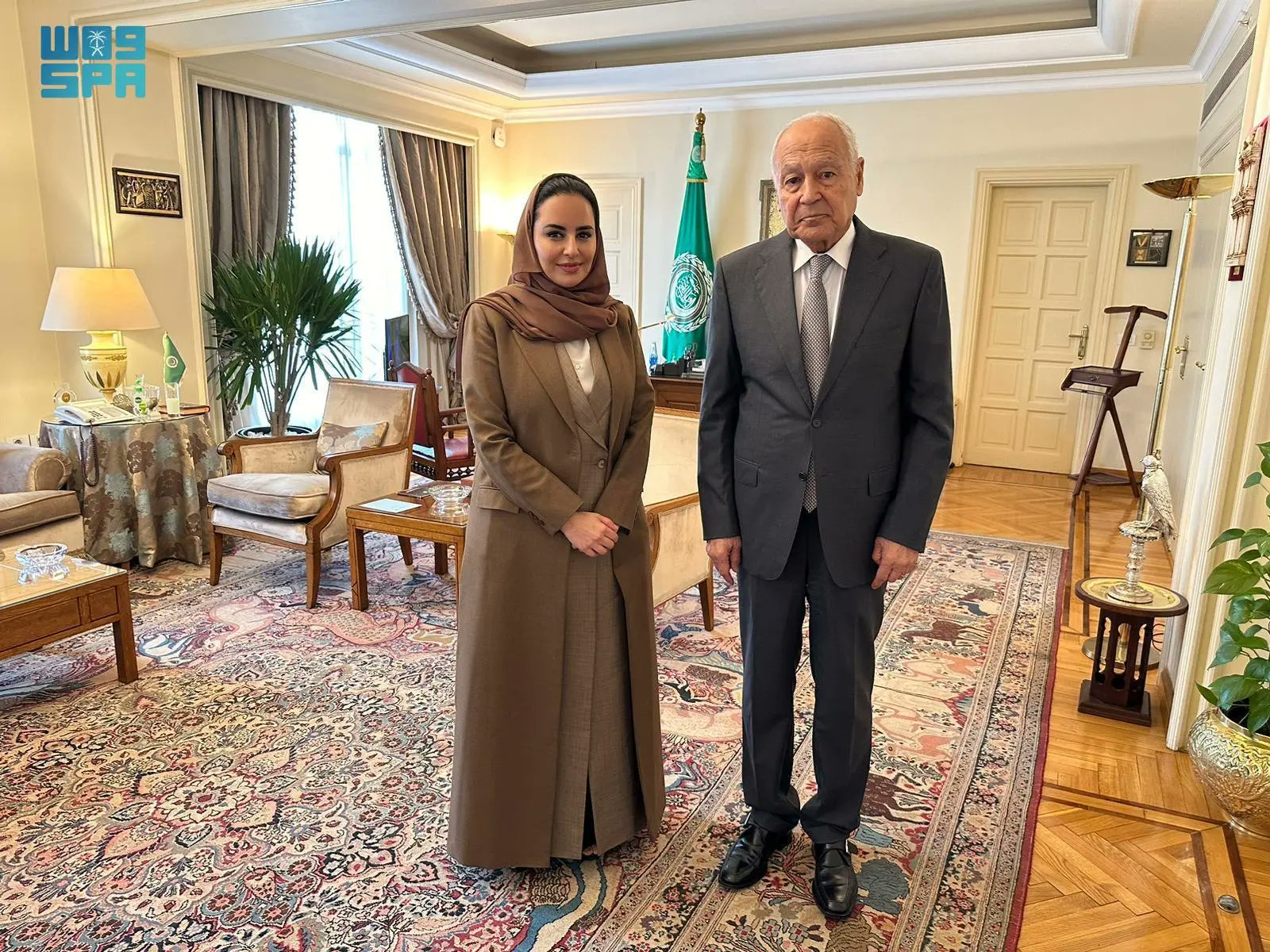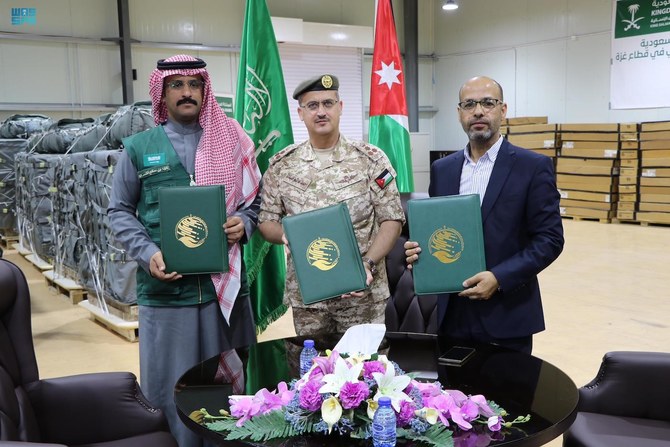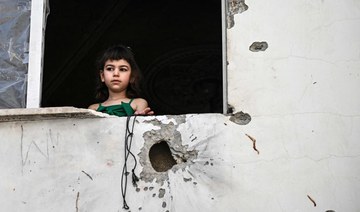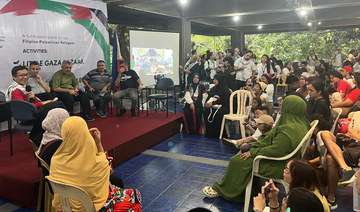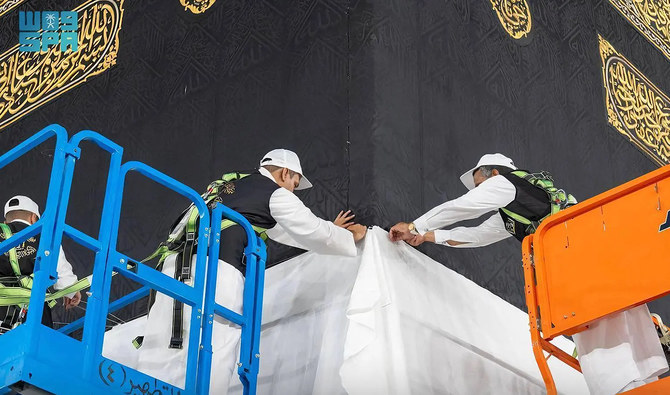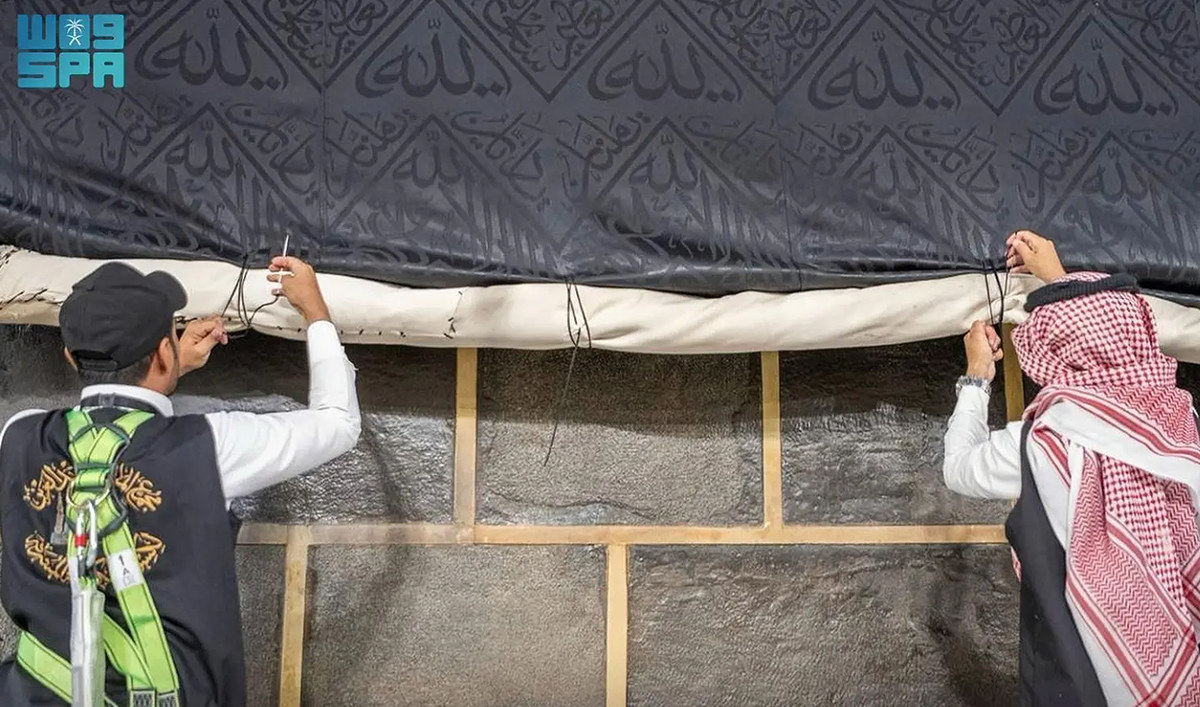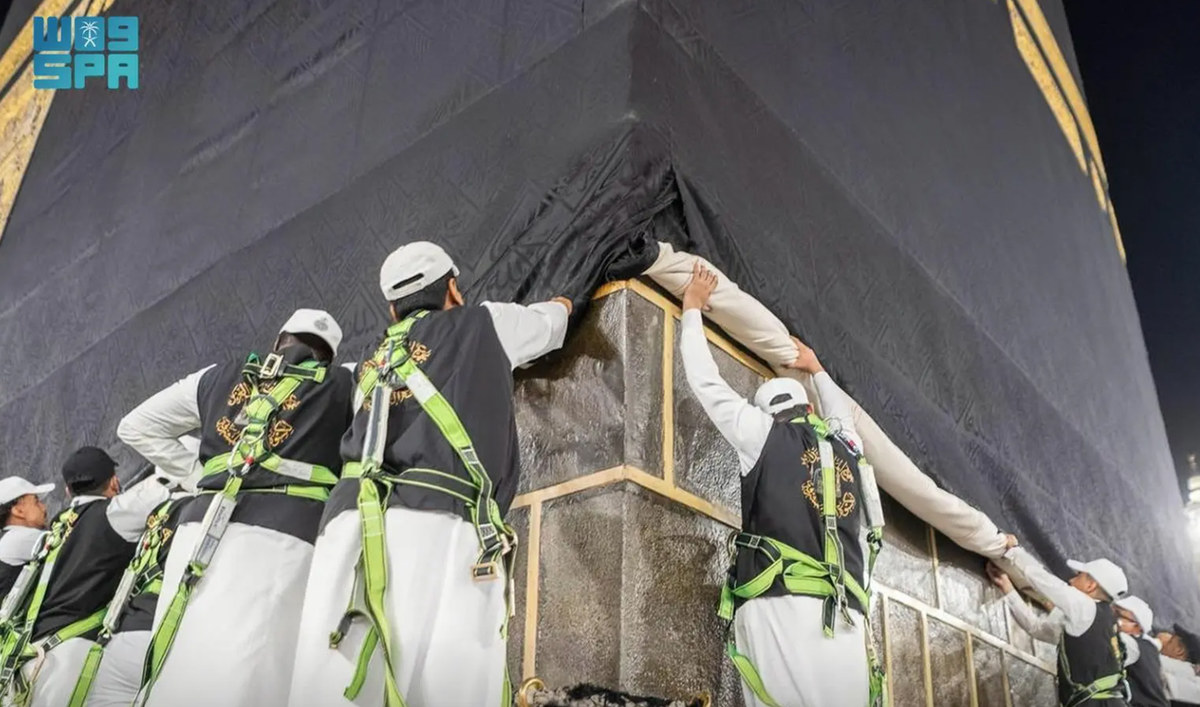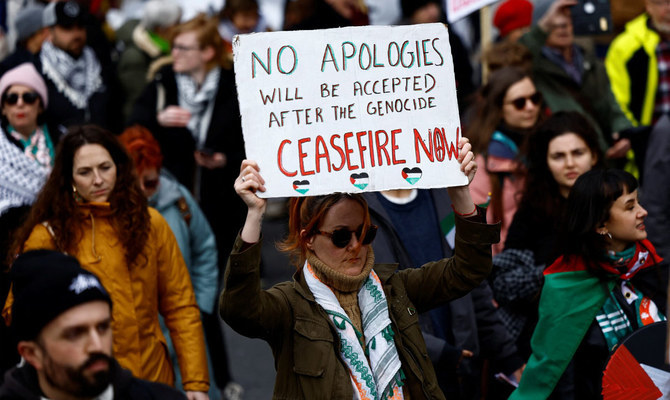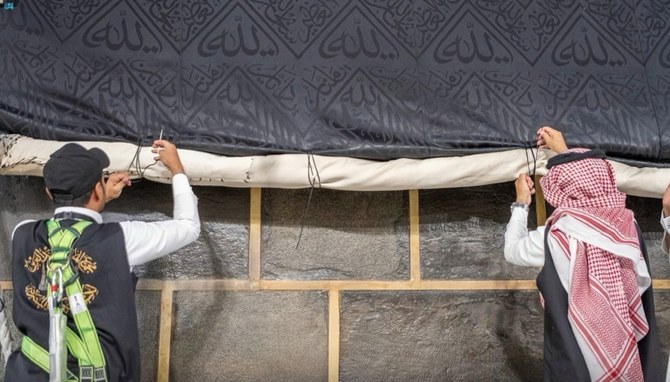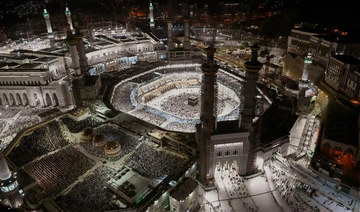JEDDAH: Saudi Minister of Education Dr. Ahmed bin Mohammed Al-Issa reiterated Saudi Arabia’s steadfast position on the Palestinian issue at the 13th conference of the Islamic Educational, Scientific and Cultural Organization (ISESCO).
The conference concluded on Saturday in the Moroccan capital of Rabat with the participation of education ministers from 54 Islamic countries.
“Holy Jerusalem” was the main theme of the conference in which the mufti of Moscow, Sheikh Albir Hazrat Krganov, stressed that Jerusalem is the eternal capital of Palestine. “It is a holy land for all Muslims and no one can get it out of there,” he said.
The mufti, who is the head of the Spiritual Assembly of Muslims of Russia, pointed out that the only way to counter terrorism, promote intellectual security and spread coexistence between followers of religions will be through good education, which Krganov saw as the basis for producing a generation of young people who realize the meaning of coexistence and peace with people of different religions, languages and nationalities.
“Experiences have proved that educated people can distinguish between real values and slanderous information. It is well known that culture and knowledge have helped us to defeat hatred and despair in the Russian Caucasus. They have also helped the state to stop war and bring people back to their peaceful life,” he said.
He added that poverty and lack of basic education are a fertile ground for extremists to recruit illiterate people.
During his speech, Education Minister Al-Issa called on ISESCO to cooperate with international organizations to organize an international forum to examine the rapid developments in education. 
Al-Issa said ISESCO has become one of the outstanding organizations in supporting joint Islamic actions and serving member states, especially at this time, which “demands we invest all our possible capabilities to improve the skills of our youths in the fields of development and education.”
Al-Issa reiterated Saudi Arabia’s steadfast position on the Palestinian issue, recalling King Salman’s statement that the Palestinian cause is our first issue and will continue to be. Al-Issa also reminded the audience of the King’s donation of $150 million for a program supporting Islamic endowments in Jerusalem.
“King Salman has also provided the United Nations Relief and Works Agency for Palestine Refugees in the Near East, with a donation of $50 million,” said Al-Issa.
Unschooled children
Zuhair bin Ali Azhar, director of the Distance Learning and Training Company Group (DLT), pointed out that there are some 60 million unschooled children in the world and “these can be targeted by extremists who will take advantage of their illiteracy to spread their deviant ideologies,” Azhar said.
He further wondered how these children can reasonably be out of school while the world is using innovative educational platforms.
He highlighted the Qaweem project, which the Union of News Agencies of the Organization of Islamic Cooperation has launched in partnership with the DLT.
“Accredited by the Arab League Educational, Cultural and Scientific Organization, our educational project, which targets refugees in the Arab world, has helped some 5,000 students graduate,” said Azhar.


